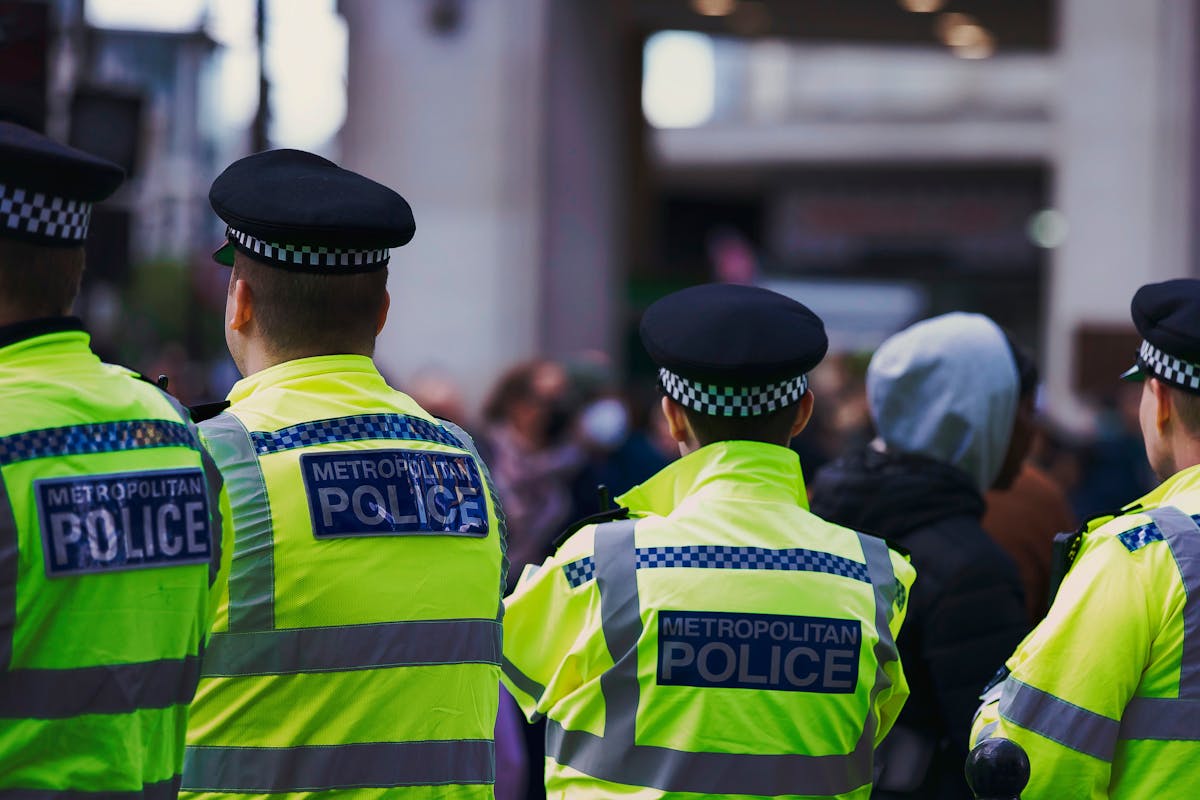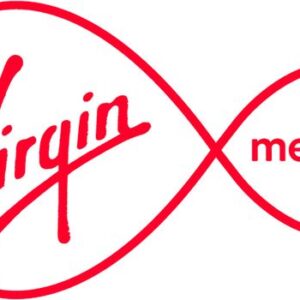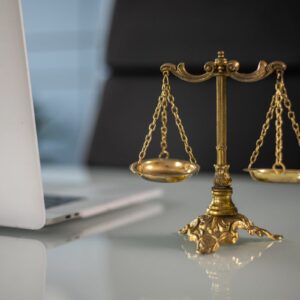Why are the police always racist?
Every few years in Britain, a new report comes out exposing “institutional racism” in the police. This time it was the Metropolitan Police’s own internal review, “30 Patterns of Harm” by Dr Shereen Daniels, which found that racism, especially anti-Black racism, is “inevitable” within the force.
That’s a strong word: inevitable. It means the problem isn’t just bad apples or unconscious bias, but something baked into the structure of the police itself.
So, what does that mean? Why is the Met so consistently racist, decade after decade, even after all the “training,” “reforms,” and “diversity” drives?
To answer that, we need to look not just at the police, but at the capitalist society they serve. Racism in the police is not an accident, it’s a function of the capitalist system.
The police are not neutral, they’re the armed wing of the capitalist class
To understand the role of the police, we have to start with what the state actually is.
In Marxist theory, the state isn’t a neutral body that stands above society to keep order for everyone. It’s an instrument of class rule. As Engels put it, the state arises when society splits into classes with opposing interests, and one class needs to maintain its domination over the other.
In capitalist society, that ruling class is the capitalist class: the big property owners, bankers, business owners, and their political representatives. Their power rests on private ownership of the means of production: land, factories, technology, logistics, etc. But because the working class massively outnumbers them, they need an organised force to protect that property system.
That’s the state. The courts, prisons, army, and of course, the police.
The police are the everyday enforcers of capitalist property relations. They are not there to protect the people equally, they exist to protect capital and suppress resistance. This is why they show such ferocity toward striking workers, protesters, squatters, and the poor, while turning a blind eye to the crimes of the rich.
From this starting point, we can already see that racism within policing isn’t just a personal moral failing. It’s a political tool that helps the state do its job: keeping the working class divided and manageable.
How capitalism created modern racism
Modern racism didn’t exist in the way we know it before capitalism. Feudal societies had prejudice and xenophobia, yes, but the idea of race as a fixed biological hierarchy, used to justify the enslavement and colonisation of entire peoples, was born with capitalism.
When European capitalism expanded through colonialism and slavery, it needed a moral excuse for its monstrous crimes. The transatlantic slave trade and the plunder of Asia, Africa, and the Americas were justified through the idea that non-Europeans were less than human.
As Marx wrote, “The veiled slavery of the wage workers in Europe needed the unqualified slavery of the New World as its pedestal.”
Racism, then, was not an unfortunate side-effect, it was part of the machinery of profit. It helped capitalists exploit labour more brutally and divide workers by skin colour, language, and nation so they couldn’t unite against their common oppressors.
This pattern carried on into the modern era. British capitalism was built on imperial plunder, from the plantations of the Caribbean to the mines of Africa to the colonisation of India. And when the empire’s subjects began migrating to Britain after World War II, they were met with the same racist structures that had been used abroad, only now turned inward.
Racism in the British state: the Met as an imperial institution
The Metropolitan Police were founded in 1829, right at the height of the British Empire. Their founder, Sir Robert Peel, had previously run the Irish Constabulary, which was literally a colonial occupation force. The “bobby on the beat” model imported into London was designed to control a hostile, working-class population, much like colonised peoples abroad.
From the very beginning, policing in Britain combined class control at home with imperial control abroad.
The same logic that justified brutal repression in Ireland, India, or Jamaica was applied to poor and working-class districts in London, Manchester, and Glasgow. Black and brown communities in modern Britain have always been treated through this colonial lens, as populations to be monitored, not citizens to be served.
This is why reports of racism in the Met never stop. The Macpherson Report (1999), The Casey Review (2023), and now The Daniels Review (2025) all say the same thing: racism, sexism, and class contempt are deeply woven into the institution.
That’s not because it “hasn’t learned its lesson.” It’s because the function of the police demands it.
To police an unequal society, you need ideologies that justify inequality — racism provides that justification.
The function of racism in the capitalist state
Racism performs three crucial functions for capitalism:
(a) Divide and rule
By encouraging divisions among workers — Black vs white, immigrant vs native-born — the ruling class prevents unified struggle. When workers are fighting each other, they’re not fighting capital.
In Britain, politicians and the media constantly weaponise race to distract from class issues: blaming migrants for housing shortages, refugees for draining the NHS, or Muslims for terrorism.
This creates fertile ground for the police to target racialised communities under the guise of security or law and order.
(b) Create a scapegoat for social crises
When capitalism goes into crisis — unemployment, austerity, inflation — the ruling class needs someone else to blame. Racism channels the anger of the working class away from the system and toward those at the bottom.
Police repression of racialised groups reinforces this by making those groups seem like the problem, rather than victims of the same exploitative system.
(c) Manage and control surplus labour
In the imperial core, sections of the working class are relatively privileged, sustained by profits extracted from the Global South. To maintain this, capitalism must tightly control racialised labour — the poorest, most precarious layers of the working class.
Policing ensures this control through surveillance, criminalisation, and intimidation. Stop-and-search, immigration raids, and border enforcement are all forms of labour discipline. The state punishes some workers more harshly to keep others obedient.
The myth of reform
Every few years, the Met promises to “learn lessons,” “rebuild trust,” or become “anti-racist.” But nothing ever changes because reform is impossible without changing the class character of the state.
The capitalist state cannot simply be “reformed” or “democratised.” It must be smashed and replaced with a new kind of state, one under proletarian control.
Even if a police force adopts anti-racist slogans, its underlying mission, to protect private property and maintain capitalist order, remains the same. The capitalist class will always need institutions of repression, and those institutions will always use racism as one of their tools.
This doesn’t mean we ignore reforms entirely. Fighting for immediate protections, ending stop-and-search, or demilitarising policing can ease suffering and build class consciousness. But we recognise that liberal reformism is not liberation. Real anti-racism requires revolutionary transformation.
The real alternative: socialism and proletarian internationalism
Under socialism, the material basis for racism can finally be destroyed.
When private property and capitalist competition are abolished, when resources are socially owned and planned, there’s no incentive to pit groups of workers against each other. Labour is no longer exploited for profit, and the ideology of racial hierarchy loses its economic foundation.
Since capitalism is a global system, the proletariat needs to be united across nations and races in order to achieve liberation. Workers in imperialist countries must stand in solidarity with oppressed nations, not identify with their own capitalist class.
For Marxist–Leninists today, this means recognising that the fight against racist policing is inseparable from the fight against capitalism and imperialism, which justify themselves through and utilise the same racism. The same ruling class that underfunds housing and healthcare at home bombs and sanctions nations abroad, and subjugates racialised minorities at home. Anti-racism must therefore be anti-imperialist.
Building class unity through struggle
So what can we do with this understanding?
First, we must reject the idea that racism can be trained out of the police or politely reformed away while it exists under capitalism.
We need to understand racism as a tool the capitalist class uses to divide the working class; a justification for colonialism and imperialist exploitation; and a mechanism of super exploitation of racialised people at home.
We need to be able to explain concretely how racism reproduces unequal wages, policing, housing discrimination, and imperialism.
We need to support the self-organisation of oppressed communities, and help promote racialised leaders in our parties who show dedication and discipline to the cause.
We need to build coalitions with racialised people on concrete issues (housing, policing, immigration, workplace discrimination etc).
We need to reject the idea that class struggle and anti-racist struggle are separate.
We need to combat chauvinism in the communist movement. All communists need to be actively anti racist.
A socialist movement must show, in practice, that the enemy is not our neighbour of a different colour or origin, but the ruling class that exploits us all. It must champion reforms, while at the same time calling out the system of capitalism responsible for racial oppression.
Understanding the Met means understanding the system
The Daniels review didn’t tell us anything truly new, it simply confirmed what the oppressed have always known. The Met Police is racist because it was built to be. Its function under capitalism demands it.
Racism is not a glitch in the system; it is a feature of the system.
To end racist policing, we can’t just retrain the police, we must end the social order that made racism necessary. That means confronting British imperialism, breaking the power of capital, and building a socialist society where no group’s oppression is needed to secure another’s privilege.
The working people can have no peace, no freedom, and no equality until they unite across nations and colours to overthrow their oppressors.





